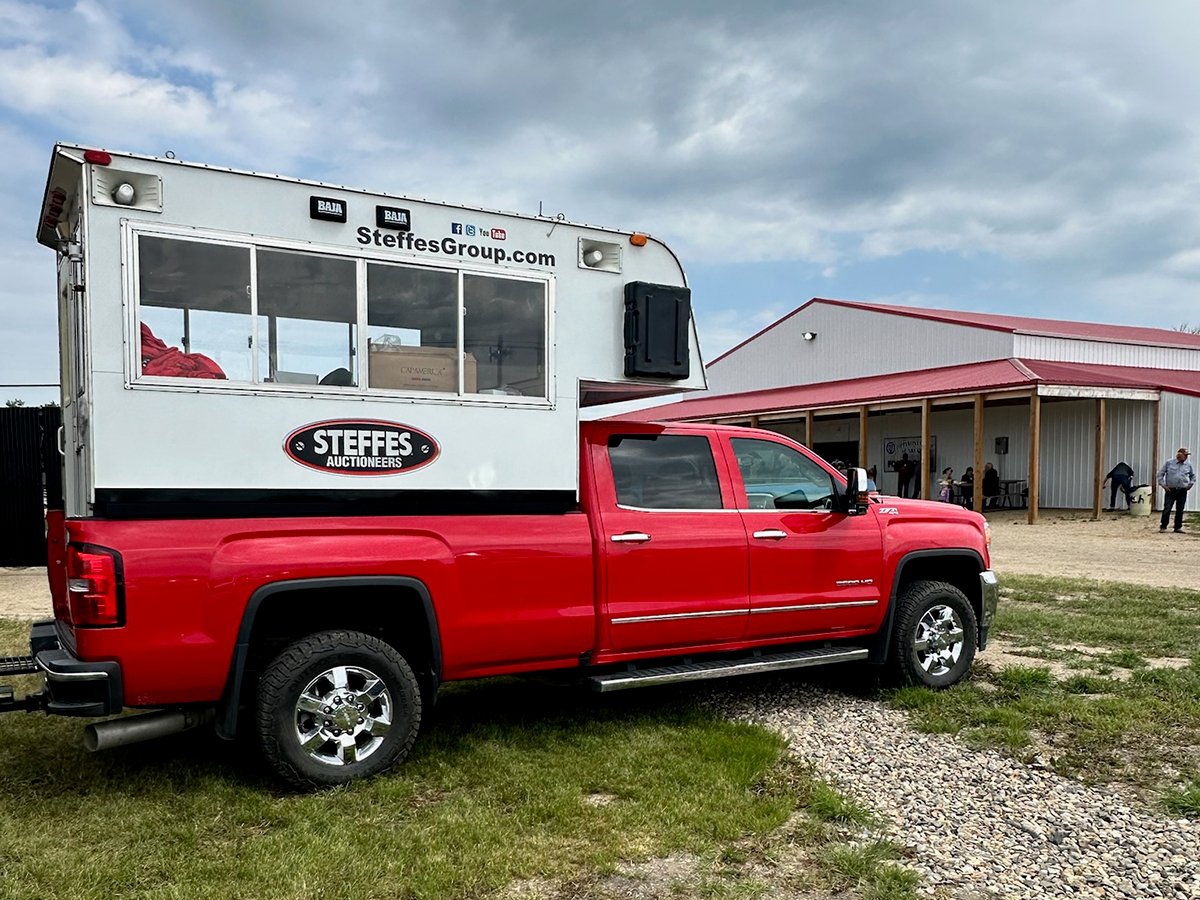Most of us manage to make it through the challenges of the Terrible Twos and the aggravation and worry of shepherding our children through adolescence. The real frustration of parenting is often experienced when children become adults. We may want to continue to help them, but can’t because of their negative reactions to us.
A couple wrote to me recently about such a situation. Their child, in early 20s and single, has drifted from job to job, and has either resented or didn’t follow through on the parents’ efforts to be helpful.
Read Also

Farm auctions evolve with the times
Times have changed. The number of live, on-farm auctions is seeing a drastic decline in recent years. Today’s younger farmers may actually never experience going to one.
This isn’t at all unusual. Adult children are often angry and snappy toward their parents, and often it seems, for no apparent reason. But there are reasons.
Such children are often angry at themselves, or at the reality that it is much tougher to get work or an education today than it was 20 or 30 years ago. And they often take out this anger on those around them, particularly their parents, who are emotionally close and convenient as targets.
Such adult children often drift into the blaming mode. They blame circumstances, other people and their parents for the predicament in which they find themselves. They also may use two other unhealthy coping techniques, minimizing and denying. If they deny a problem exists, especially if the problem is their attitude, then they don’t have to do anything about it. If a person minimizes a situation, they avoid having to look at it fully or to take responsibility.
Learn from parents
Young adults often have different priorities than us. Many of us were raised by parents who had to survive the Depression. Our parents developed frugal habits as a way of survival. They had to take the initiative if something was to get done.
We picked up these same habits from our parents. Why have many of our children not done the same? There are several reasons. Many of us grew up through the relatively well-off 1950s and 1960s. And most of our children were exposed to some prosperity.
Things have been much tighter since the mid-1980s, particularly jobs. But many young adults are responding to life as if the world was still as it was when they were kids.
Many parents are willing to help their adult children with the costs of education. But that young adult has to decide to enrol in a course or program and to put their best efforts into it. Because opportunities are more limited, it’s often hard for them to decide what to study. And this indecision may prevent them from doing anything. How can parents help, particularly when their children live far away?
Look on the positive side
Distance can be an asset. Too much contact with or pressure on your adult child will likely backfire. Periodic phone calls can be helpful. But don’t dictate, lecture or “you should” them. Encourage them to talk with you about what is going well in their lives. They may need to vent their frustrations with you. That’s OK up to a point. But by allowing them to only talk about what is going wrong in their lives, you reinforce their negative feelings. Look for a point where you can acknowledge something positive in what they are saying. When they start to repeat complaints or worries, acknowledge that you’ve heard that earlier, and try to divert them into something else.
As parents, we are often more impatient with our adult children than when they were young. After all, when they were kids, they didn’t know better. But adult children have many more choices and responsibilities than they had as kids, and because of this, they often take much longer to sort out problems.
Every child is different. Some set a personal goal for themselves in their late teens, and work at it until they achieve it. Others don’t know what they want in life or out of life for many years. They may wander from job to job, apparently getting nowhere. Yet they are getting experience.
Some may change their dreams many, many times. That’s OK. And as parents of adult children your biggest and often toughest task, is to be there, be supportive and often to keep your mouth shut.














